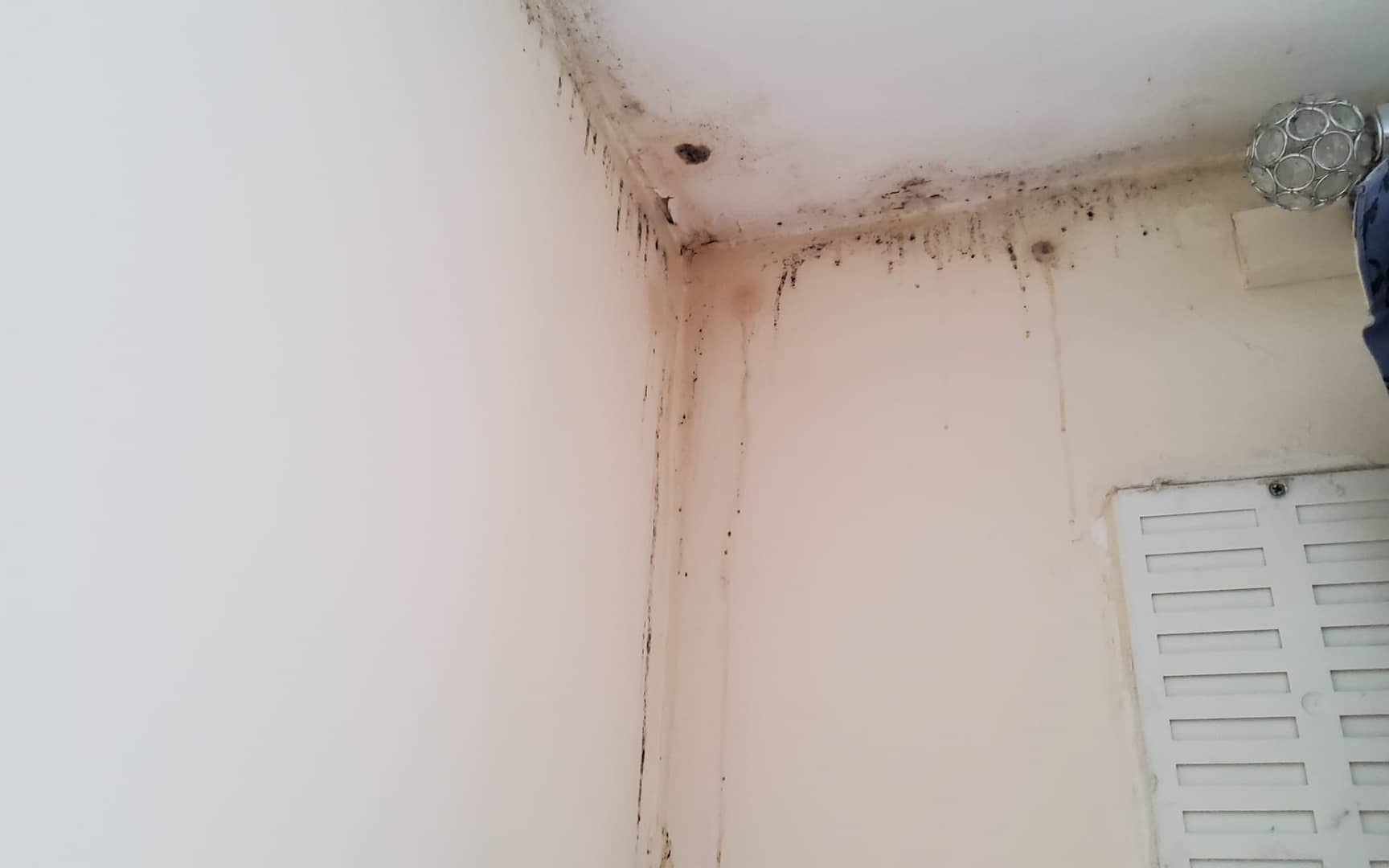When it comes to providing safe and secure homes for families, social housing plays a crucial role. However, there is a hidden danger that often goes unnoticed – the danger of leaks in social housing to children. These leaks can lead to a multitude of problems, from health issues to damage to personal belongings. In this article, we will explore the perils of leaks in social housing, who is responsible for the damage caused, the health issues they can trigger in children, and how we can address this pressing issue. We will also explore the best way to start a housing disrepair claim.
The Responsibility of Maintaining Social Housing
In the United Kingdom, social housing is a vital resource for many families who may not have access to private housing due to financial constraints. Local authorities and housing associations are responsible for managing and maintaining social housing properties, ensuring that they are habitable and safe for residents.
However, leaks in social housing are a common issue that can have far-reaching consequences. These leaks can originate from various sources, such as plumbing problems, roof damage, or faulty appliances. Regardless of the source, it is crucial to identify and address them promptly to prevent further damage and potential health risks.
Who is Responsible for Damage Caused by a Leak?
Determining responsibility for damage caused by a leak in social housing can sometimes be a complex matter. Typically, the responsibility falls on the landlord or housing association, as they are obligated to maintain the property’s structural integrity and ensure it is in good repair. This includes promptly fixing any leaks that may arise.
Tenants also have a role to play in reporting leaks as soon as they notice them. It is essential for tenants to notify their landlord or housing association promptly to prevent the issue from worsening. Failure to report a leak may result in additional damage for which the tenant could be held partially responsible.
It’s important to keep in mind that responsibility can vary depending on the specific circumstances and the terms of the tenancy agreement. To avoid disputes and ensure prompt resolution, both tenants and landlords should be clear about their respective responsibilities regarding leak repairs from the outset.
Health Issues That Leaks Can Cause to Children
Leaking water may not seem like an immediate threat, but it can pose significant health risks, particularly to children living in social housing. Here are some of the health issues that leaks can trigger:
Mould and Mildew
When water seeps into the walls or ceiling due to a leak, it creates the ideal conditions for mould and mildew growth. Mould spores can become airborne and be inhaled, leading to respiratory issues, allergies, and skin irritations. Children are particularly vulnerable to these health problems, as their developing immune systems may struggle to fend off mould-related illnesses.
Asthma and Allergies
Exposure to mould, dampness, and the allergens they produce can exacerbate asthma and allergies in children. Wheezing, coughing, and difficulty breathing can become more frequent and severe when a child is exposed to a mould-infested environment. Long-term exposure can even contribute to the development of asthma in children who were previously unaffected.
Bacterial Contamination
Leak water can carry harmful bacteria, especially if it originates from sewage or contaminated sources. When children come into contact with or ingest water contaminated with bacteria, they are at risk of gastrointestinal illnesses, skin infections, and other health issues. These illnesses can be particularly dangerous for young children with weaker immune systems.
Psychological Impact
Living in a home plagued by leaks and water damage can take a toll on a child’s mental well-being. The stress and anxiety resulting from the constant presence of leaks and the fear of further damage can lead to emotional distress and impact a child’s overall quality of life.
Addressing the Issue of Leaks in Social Housing
Recognising the dangers that leaks pose to children in social housing is the first step toward addressing this pressing issue. To mitigate these risks and ensure the well-being of vulnerable residents, several measures can be taken:
Regular Maintenance and Inspections
Landlords and housing associations must conduct regular maintenance and inspections of social housing properties. This includes routine checks for leaks, plumbing issues, and signs of water damage. Proactive maintenance can identify and address leaks before they become major problems.
Timely Repairs
When a leak is reported, landlords and housing associations should respond promptly to repair the issue. Timely action can prevent further damage and minimise health risks to children. Clear communication between tenants and landlords is essential in ensuring that leaks are reported promptly and addressed effectively.
Education and Awareness
Both tenants and landlords should be educated about the potential risks of leaks and the importance of reporting them promptly. Providing information on how to identify and report leaks can empower residents to take action when needed.
Mould Remediation
If mould is present in a social housing unit due to a leak, it should be professionally removed and the source of the moisture addressed. Mould remediation is essential to protect the health of residents, especially children who are more susceptible to its adverse effects.
Legal Protections
Tenants in social housing should be aware of their legal rights and protections. If a landlord fails to address leaks and other housing issues promptly, tenants may have legal recourse to ensure their living conditions are improved.
How Much Compensation For Damp And Mould UK?
To find out how much compensation you can receive for your housing disrepair, it is best to fill out one of our claims forms that can be found throughout our website.
Making a Housing Disrepair Claim with National Claims
At National Claims, we understand the critical importance of addressing housing disrepair issues, especially when it involves the well-being of children. Leaks in social housing can lead to serious health risks and emotional distress for young residents. We are here to guide you through the process of making a housing disrepair claim, ensuring that you receive the support and compensation you deserve.
Why Choose National Claims?
Before delving into the specifics of making a housing disrepair claim, it’s essential to understand why National Claims is the right partner for you. Our team specialises in handling housing disrepair cases, and we have a proven track record of helping tenants secure compensation for damages caused by leaks and other housing issues.
Here are some reasons to choose National Claims:
Expertise
Our team consists of experienced housing disrepair solicitors who understand the complexities of these cases. We are well-versed in the legal aspects and procedures involved in making a housing disrepair claim.
Compassion
We genuinely care about the well-being of our clients, especially when it comes to the safety of children. We are committed to advocating for your rights and ensuring that your living conditions are improved promptly.
No Win, No Fee
At National Claims, we operate on a ‘No Win, No Fee’ basis. This means that you only pay our legal fees if your claim is successful. It provides peace of mind and ensures that you have access to legal representation, regardless of your financial situation.
The Process of Making a Housing Disrepair Claim
Making a housing disrepair claim with National Claims is a straightforward process designed to support tenants in securing the compensation they deserve. Here is an overview of the steps involved:
Initial Consultation
The first step is to reach out to us for an initial consultation. During this consultation, we will discuss the details of your housing disrepair issue, including the leak and its impact on your child’s health and well-being. This information is crucial for assessing the strength of your claim.
Evaluation
Once we have a clear understanding of your case, our expert solicitors will evaluate its merits. We will consider factors such as the severity of the leak, the impact on your child’s health, and whether the landlord or housing association has been negligent in addressing the issue.
Gathering Evidence
To strengthen your claim, we will work with you to gather all relevant evidence. This may include photographs of the damage, medical records documenting your child’s health issues, and any correspondence with your landlord regarding the leak.

Conclusion
The danger of leaks in social housing to children is a serious concern that requires immediate attention and action. At National Claims, we are committed to helping tenants navigate the complexities of housing disrepair claims, ensuring that your child’s health and well-being are protected.
If you are facing issues with leaks in your social housing property and are concerned about the impact on your child, don’t hesitate to reach out to us. Our team of dedicated housing disrepair solicitors is here to provide the support and legal representation you need to secure a safe and habitable living environment for your family. Your child’s health and safety are our top priorities, and we are here to advocate for your rights every step of the way. Contact National Claims today to start the process of making a housing disrepair claim and seeking the justice you deserve.
Contact us today and start your claim for your housing disrepair with National Claims.
Click below to see why we are one of the most trusted claims management companies in the UK.

We’re proud of our excellent customer reviews
We thrive on delivering exceptional service and ensuring our clients’ satisfaction. Don’t just take our word for it. Check out some of our independent reviews to see what our clients have to say.
Excellent

This firm is excellent, they sorted out my car pay out and injury claim very fast, they always communicate with you all the time.

My accident case was dealt with confidence and with great result of the outcome, especially James kept me informed all the time.

I was very impressed at the way my inquiry was treated. I was listened to attentively and everything I needed to know was explained to me.






